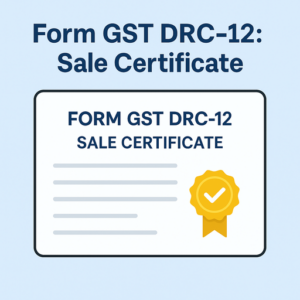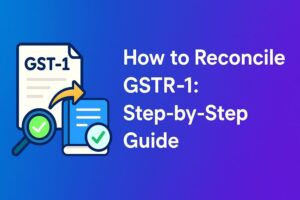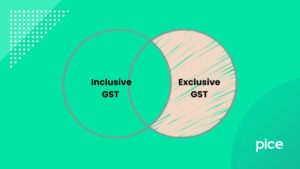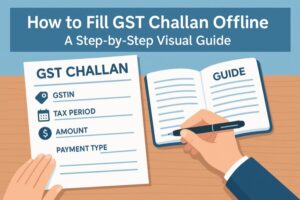GST on Liquidated Damages
- 13 Jan 25
- 6 mins

GST on Liquidated Damages
Key Takeaways
- Liquidated damages are pre-determined compensation for contract breaches or non-performance.
- GST applies to liquidated damages as they are considered a supply of service under the CGST Act.
- The applicable GST rate is NIL for government fines and 18% for other services.
- The recipient of liquidated damages must issue a GST invoice for the amount.
- Payments purely compensatory in nature and not tolerating a breach are not subject to GST.
Liquidated damages usually come into play when there is a contract breach like failure to meet performance standards or non-delivery of goods. In this blog, you will explore the concept of GST on liquidated damages, understand the applicable GST rates, and find out who can issue the GST invoice in such cases. Read on to get all the details.
What Are Liquidated Damages?
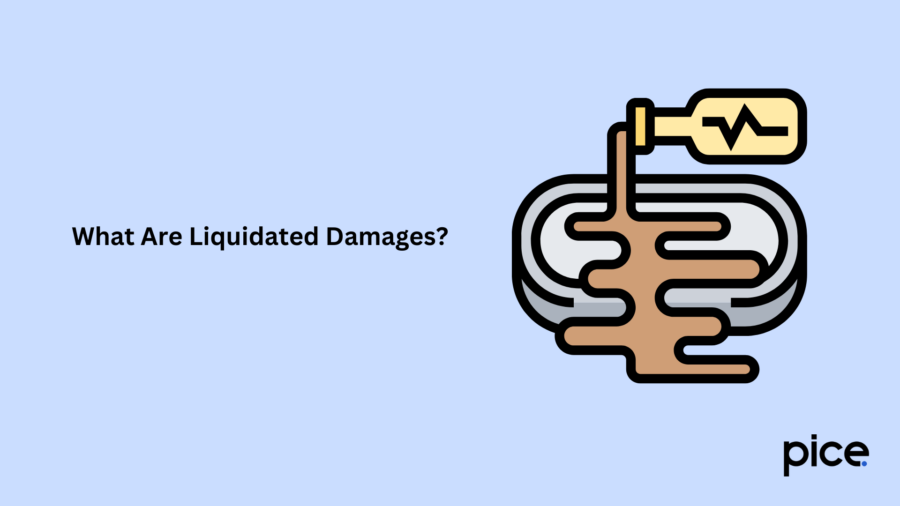
Liquidated damages are a pre-determined amount outlined in a breach of contract, intended to estimate the compensation the aggrieved party owes the other for a specific breach. Simply put, they are monetary compensation for failing to fulfil contractual obligations.
These damages are normally calculated whenever the actual loss is not possible to be quantified. Contracts often include a clause specifying the exact amount payable in case of non-performance.
For example, if a seller delays delivering raw materials and the manufacturer incurs lost revenue, the seller will be liable to pay 0.5% of the lost revenue for each week until the materials are delivered.
Applicability of GST on Liquidated Damages
Under Section 7(1)(d) of the Central Goods and Services Tax (CGST) Act, the definition of "Scope of Supply" includes all forms of supply mentioned in Schedule II of the Act. According to Schedule II, Para (5)(e), "agreeing to an obligation to refrain from an act, tolerate an act or situation, or to do an act” is classified as the supply of services.
Therefore, it can be interpreted that liquidated damages fall under GST’s purview, as they arise from one injured party tolerating the other’s non-performance under the contract.
Since GST is applicable to the supply of goods and services, liquidated damages are considered taxable as a service under the GST Act. The time of taxable supply shall be determined with regard to the moment at which, according to the contract, the breach is identified. Thus, for example, the time of supply of services will be when the contractor fails to complete the construction work within the agreed period, whereby his failure is officially recognised.
Rate of GST on Liquidated Damages
The below table mentions the rates of GST on liquidated damages:
| Chapter Heading | Description | Applicable GST Rate |
| 9991 to 9997 | Services offered by the Central Government, State Government, Union Territory or local authority involving the acceptance of non-performance of contract, where compensation in the form of fines or liquidated damages is paid to these authorities as stipulated under the contract. | NIL |
| 9997 | Other services | 18% |
Who Shall Raise the GST Invoice for Liquidated Damages?
The entity receiving liquidated damages is required to issue a separate GST invoice for the amount.
Availability of Input Tax Credit (ITC) on Liquidated Damages
Input Tax Credit (ITC) on liquidated damages can be claimed to offset future GST liabilities. However, this is subject to the terms and limitations outlined in the GST Act, which must be carefully adhered to.
Liquidated Damages Are Not Taxable Under GST
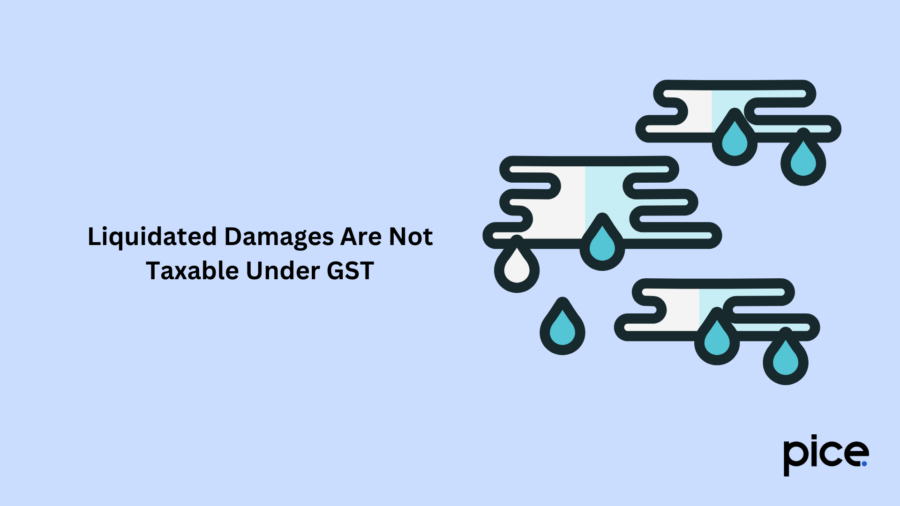
Liquidated damages cannot be regarded as consideration for accepting a non-performance or breach of a contract. Instead, they represent amounts recovered to penalise such actions and discourage future breaches. Since these payments are aimed at preventing contract violations rather than tolerating them, they do not attract GST liability.
Case Study on Applicability of GST on Liquidated Damages
Here is an example to understand the applicability of GST on liquidated damages:
Suppose Mr. Y is an IT professional who is employed at ABC Tech Solutions in Delhi. After leaving the company, he signed a non-compete agreement with ABC Tech Solutions, agreeing not to join any rival IT firms in the city for a period of one year. The agreement also stated that if Mr. Y violated this clause, he would be required to pay liquidated damages to ABC Tech Solutions.
Mr. Y resigned from ABC Tech Solutions on 1st February 2024. However, on 15th April 2024, he joined XYZ Technologies, a direct competitor of ABC Tech Solutions. By doing so, he breached the non-compete clause and became liable to pay liquidated damages, as mentioned in the agreement.
Since ABC Tech Solutions tolerated the breach of the agreement, this is considered a supply of service under Section 7(1)(d) of the CGST Act, Schedule II Para 5(e). As a result, ABC Tech Solutions must issue a GST invoice to Mr. Y for the liquidated damages at the applicable rate.
Conclusion
GST on liquidated damages applies where the payment is purely compensatory and does not contain any element of service or agreement to tolerate an act. Payments in this regard are treated as compensation for losses and, therefore, are not subject to GST. This is why one needs to understand these provisions so as to ensure business compliance with GST regulations when dealing with liquidated damages.
💡If you want to streamline your payment and make GST payments, consider using the PICE App. Explore the PICE App today and take your business to new heights.
FAQs
 By
By 









